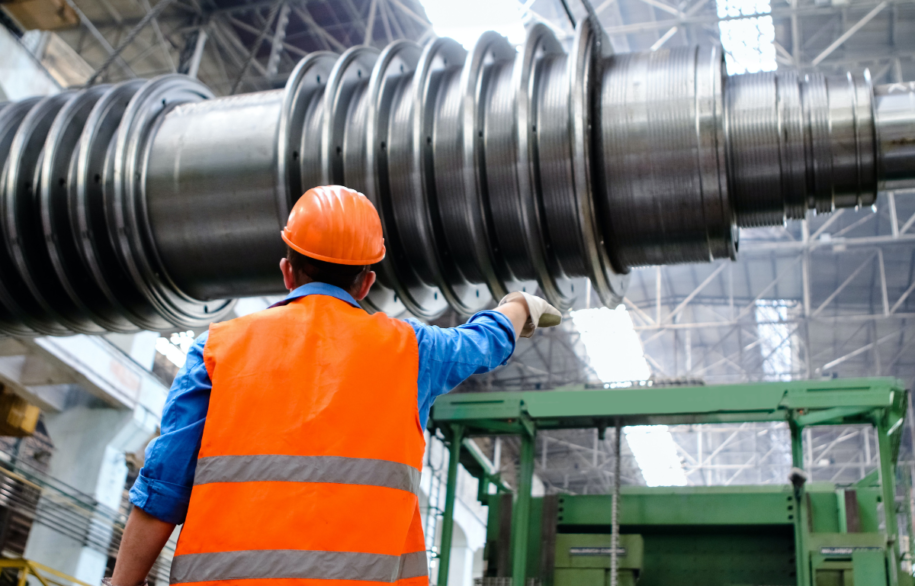Like many other sectors, the manufacturing industry has faced a lot of challenges over the last few years.
There was a lot of post-pandemic job losses as well as the ongoing skills gap, partly caused by the Baby Boomer generation retiring. On top of all this is the increasingly urgent need for modernisation and a move towards more sustainable practices.
All of these challenges make effective onboarding of new hires in the manufacturing industry more important than ever. Let’s look at why it is so important and what you can do to ensure your company’s onboarding experience is up to scratch.
The Importance of Effective Onboarding in Manufacturing
An effective onboarding program can be the difference between success and failure for new hires. Onboarding sets the stage for the new employee’s career, and it will increase each individual’s job preparedness as well as their engagement.
As well as being introduced to their new co-workers, the onboarding process should begin integrating the new hire into the work culture. Onboarding effectively can make the new hire feel valued and supported from their first day, which once again helps improve engagement and productivity.
This kind of welcoming onboarding process can be even more important for roles that are usually performed alone. Lone workers can quickly feel isolated and disconnected, so make sure they have all the communication channels they need and understand exactly how to connect with their co-workers, team leaders and managers.
Workplace safety will also be improved with a thorough onboarding process that provides early and effective guidance regarding health and safety best practices.
Tips for Effective Onboarding in Manufacturing
It is good practice to devise an onboarding timeline that keeps everything on track from the moment a decision is made to hire a candidate. This can begin with the new hire’s manager sending a welcome message a few days ahead of the start date. Include an offer to answer any lingering questions the new hire may have before they start.
Make sure all the new hire’s colleague are aware of their start date and what they will be doing. Also ask them to make themselves available to answer any questions the new hire has during their first day and beyond. It may also be a good idea to designate a temporary mentor who can shadow the new hire and explain how certain equipment works and any other necessities.
The new hire’s work station or area should be set up for them before they arrive, with everything they need ready to go. Provide any relevant training documents and additional information about the company, as well as more details regarding the new hire’s responsibilities and performance objectives.
The new hire’s work schedule should also be structured so they know exactly when break times are. In time, this may become a looser arrangement depending on how each role works within the company, but keep it structured at first until the new hire is comfortable in their role.
If you need expert help to source manufacturing talent in 2023, you can find exactly who you’re looking for – and fast – with Aqumen Recruitment. Get in touch to start your search.
